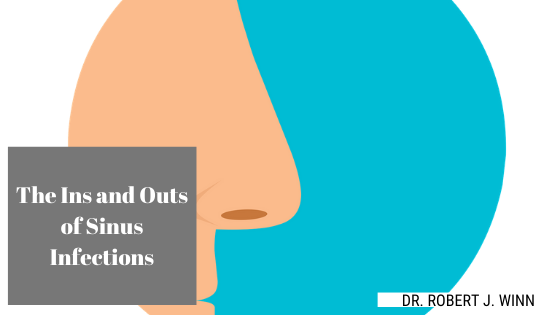Healthy sinuses are openings filled only with air. When a sinus infection occurs, they get bogged down with mucus. Then, bacteria and viruses can start to replicate and spread. Sinus infections can be very annoying. The symptoms can include headaches, fever, bad breath, and runny nose. They can be caused by bacteria or viruses, which will often discolor the mucus. Typically, when someone has a sinus infection, the mucus will be green or yellow. This can also be true for people with colds and flu.
The way doctors treat sinus infections depends on the type. Viral infections will typically work themselves out in about a week and a half. Providing antibiotics won’t do anything to assist in healing from a viral infection. Most doctors will take a wait-and-see approach before prescribing them. Bacterial sinus infections tend to last longer than ten days. They also cause fevers that can get higher than 102 degrees and don’t improve. With these kinds of symptoms, people will be prescribed antibiotics.
In general, most sinus infections will fade with time, though. Ways to support healing when dealing with one include staying hydrated, taking Tylenol, and using a Neti pot. Some studies have shown that using a Neti pot can do a lot to aid with headaches and congestion. This means that people can avoid using over the counter medications or at least take less of them. It’s essential to boil the water used for a neti pot, to kill bacteria and viruses that might be present.
Other solutions for sinus infections include using humidifiers, warm compresses on the face, and drinking lots of broth or tea. Some also get good results with nasal sprays. Be careful about which sprays. Some of the popular over the counter sprays can actually increase congestion if they’re used for too long. Prescription sprays should be used as directed by medical professionals.
In some severe cases, sinus infections may require surgery. This is usually done with a nasal endoscope. It can be beneficial in cases where someone struggles with chronic sinusitis. Removing polyps or excess tissue can help prevent recurrences of these infections. Another option is balloon sinuplasty, where openings are enlarged with balloons so the sinuses can drain normally.


